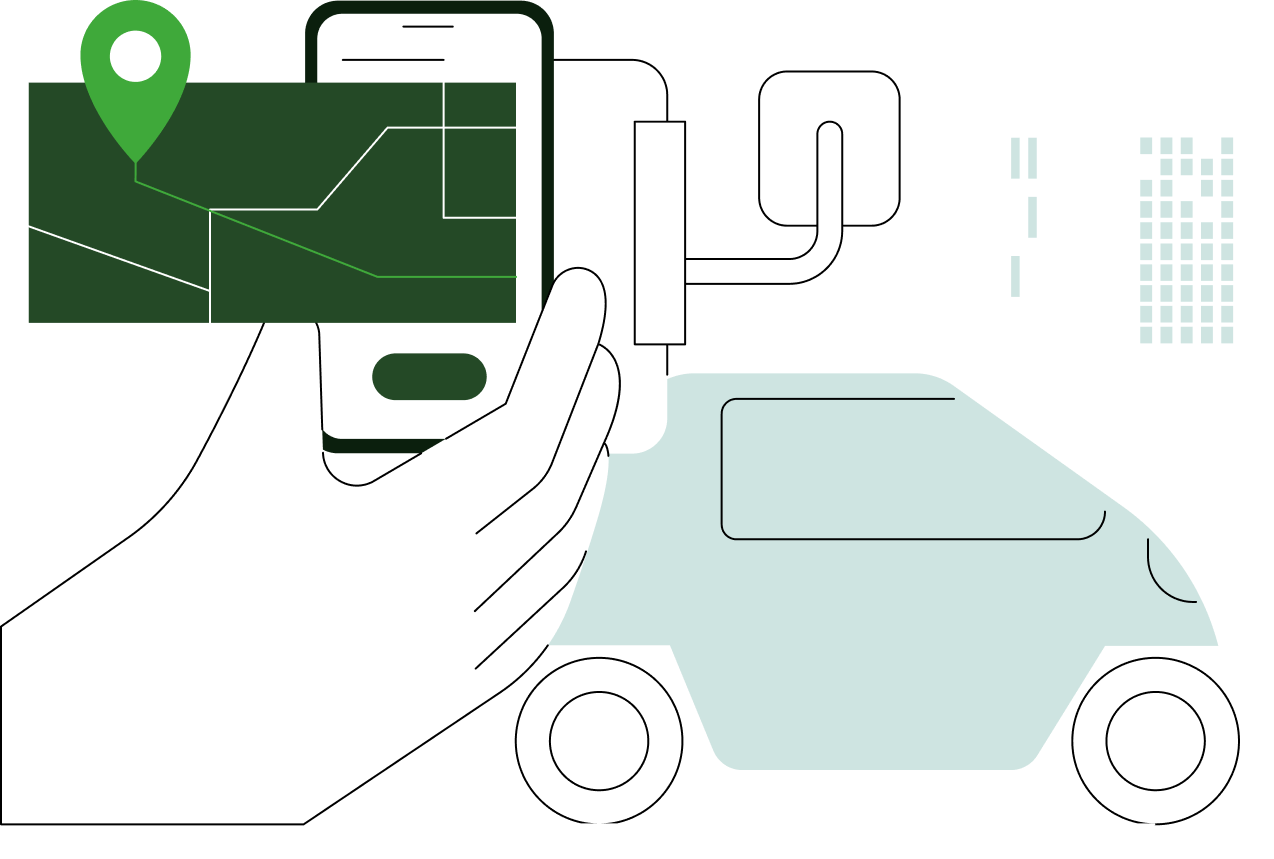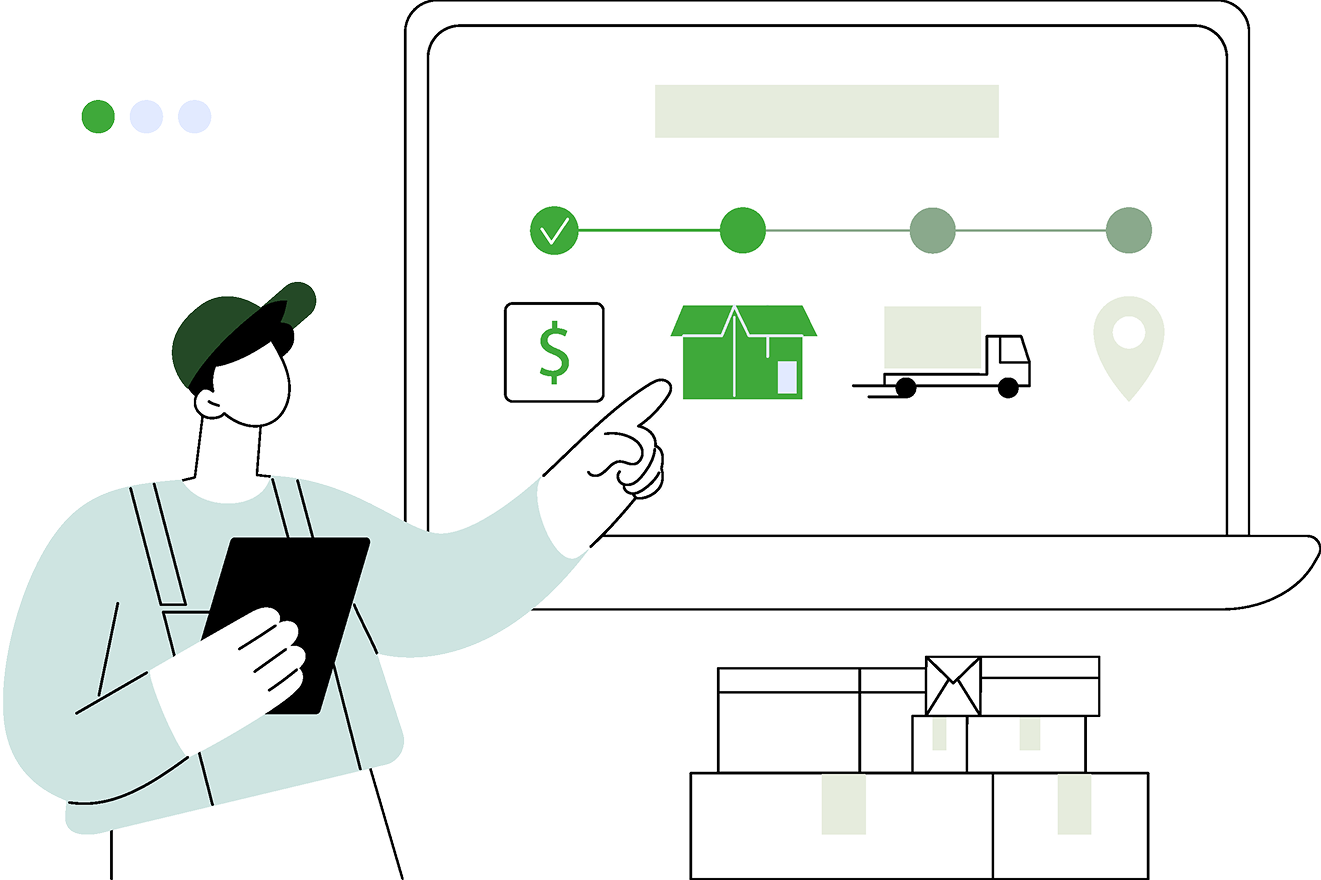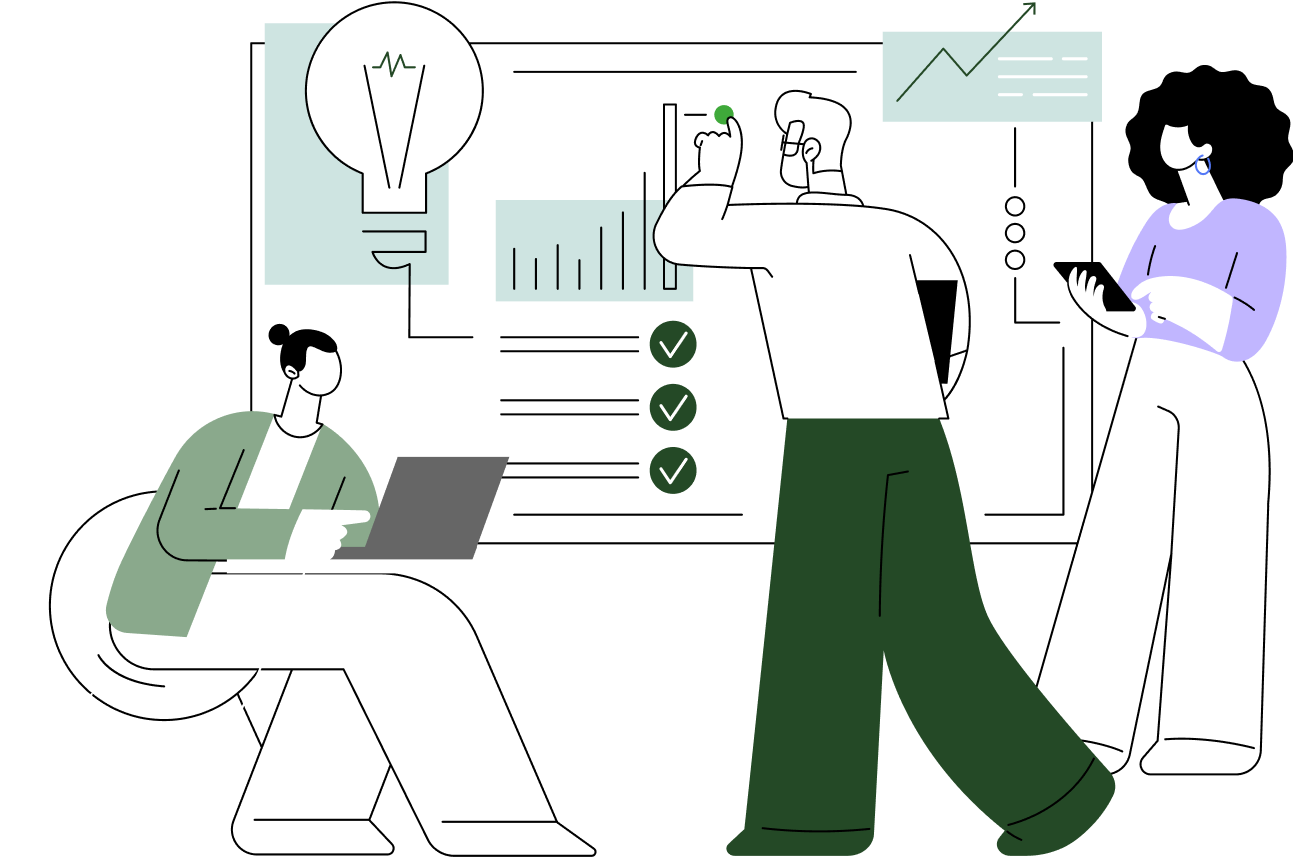Did you know that AI-powered healthcare systems are already making patient wait times 20% shorter and making it easier for doctors to diagnose illnesses? The healthcare industry is changing fast, and artificial intelligence (AI) is playing a big part in that change. AI is not just some idea from the future – it's helping doctors and patients right now.
AI helps in many ways, like looking at complicated medical images and predicting what might happen with a patient’s health. There are different types of AI that are helping hospitals and doctors in all sorts of ways, and it's important to understand how each one works.
Takeaways:
- AI in healthcare is reducing patient wait times and improving diagnostic accuracy.
- Machine learning analyzes data from medical history and electronic health records to help doctors make better treatment decisions.
- NLP converts unstructured medical notes into useful information, making healthcare more efficient.
- Deep learning helps doctors find health issues in medical images, like tumors and heart problems.
- Robotics and AI-powered automation reduce administrative tasks, allowing healthcare workers to focus more on patient care.

Machine Learning in Healthcare
Machine learning (ML) is one of the most powerful types of AI used in healthcare. Machine learning looks at a lot of patient information, like medical history, to find patterns and make predictions about health problems. Doctors use ML to understand things like electronic health records (EHRs), medical images, and even genetic information, making it easier to make correct diagnoses and choose good treatments.
Some healthcare organizations, like CloudMedX, use ML to help doctors make better decisions by analyzing data and giving useful insights. ML is also used in precision medicine, which means it helps doctors create treatment plans that fit each patient’s specific needs, based on their genetics, environment, and lifestyle. This way, patients get better care that works well for them, which helps improve patient outcomes.

Natural Language Processing for Understanding Medical Notes
Natural Language Processing (NLP) is a type of AI that works with words. It helps handle lots of unstructured medical information, like doctor’s notes or patient communication. NLP can turn these notes into information that is easier to work with and understand.
NLP is used in different ways, like:
- Turning what doctors say into written records
- Reading doctor’s notes to find possible health problems
- Powering chatbots that answer patient questions
- Finding important information in medical books and journals
Advanced NLP can even understand the meaning and special medical words, which helps a lot with medical paperwork and making sure everything is correct. This type of AI application is transforming how healthcare organizations manage and analyze data.

Deep Learning for Medical Images
Deep learning is a type of AI that uses neural networks to understand complicated information, like medical images. Deep learning is very good at finding health problems in pictures, like:
- Finding tumors in X-rays or scans The potential for artificial intelligence
- Checking for eye problems like diabetic retinopathy
- Spotting heart issues in echocardiograms
AI like this doesn’t replace doctors, but it helps them do their jobs better by making sure nothing important is missed. Deep learning is a powerful AI technology that greatly helps improve patient outcomes by ensuring better accuracy in diagnoses.

Robotics and Process Automation
Robots are also helping in healthcare. Some robots help during surgeries, making sure that doctors can do very precise work. Other robots help with tasks like:
- Processing insurance claims
- Scheduling appointments
- Handling medical billing
- Keeping track of hospital supplies
These robots make it so doctors and nurses don’t have to do as much paperwork and can spend more time on person care. Robotic Process Automation (RPA) is a type of AI application that helps reduce the administrative burden, allowing healthcare professionals to focus more on patients.

Predictive Analytics and Smart AI Tools
Predictive analytics is a kind of AI that looks at old patient data to guess what might happen in the future. It helps doctors and hospitals by:
- Finding patients who might need extra care
- Helping prevent patients from needing to come back to the hospital
- Managing resources better
- Taking care of groups of patients more effectively
Predictive AI can also help scientists create new drugs through clinical trials and understand how different medicines work, which can make healthcare even better. Artificial intelligence in healthcare shows how AI can play an important role in pharmaceutical research. This type of AI in healthcare is essential for improving patient outcomes and making healthcare more proactive.
Rule-Based Expert Systems
Rule-based expert systems are AI tools that use set rules to help doctors make decisions. These systems help with:
- Guiding doctors through the steps of making a diagnosis
- Checking if different medicines work well together
- Making sure treatments follow the right procedures
- Alerting doctors to any safety concerns
Even though these systems are not as advanced as other AI technologies, they still help doctors by handling routine decisions and making sure nothing important is overlooked. These systems provide a solid foundation for clinical decision support.
How AI Is Changing Healthcare
Artificial intelligence in healthcare is changing how hospitals work and how patients get care. Hospitals using AI have reported:
- 20% shorter wait times for patients
- 30% better accuracy in diagnoses
- 40% less time spent on administrative tasks
- 15% lower treatment costs
AI-powered solutions also help with the shortage of healthcare workers. By making hospitals more efficient, AI helps doctors and nurses give better care to more people.
AI doesn’t replace doctors or nurses. Instead, it helps them be even better at their jobs, leading to healthier patients and better healthcare systems. As AI technologies keep improving, we will see even more amazing ways they can help the healthcare industry.
Conclusion
AI is making a big difference in healthcare, and this is just the beginning. Hospitals are already seeing big improvements in how well they can help patients. Using AI is becoming necessary for healthcare to keep up with modern times.
In the future, all these types of AI will work together to solve even bigger problems in healthcare. It’s not just about using these technologies but knowing how to use them in a way that helps doctors do their jobs better. If healthcare providers are ready to take on these new AI tools, the future looks bright with better diagnoses, more personalized treatments, and happier, healthier patients.
What challenges do you think healthcare providers will face as they increasingly rely on AI technologies, and how can they prepare to overcome these obstacles?



.png)
.png)
.png)









